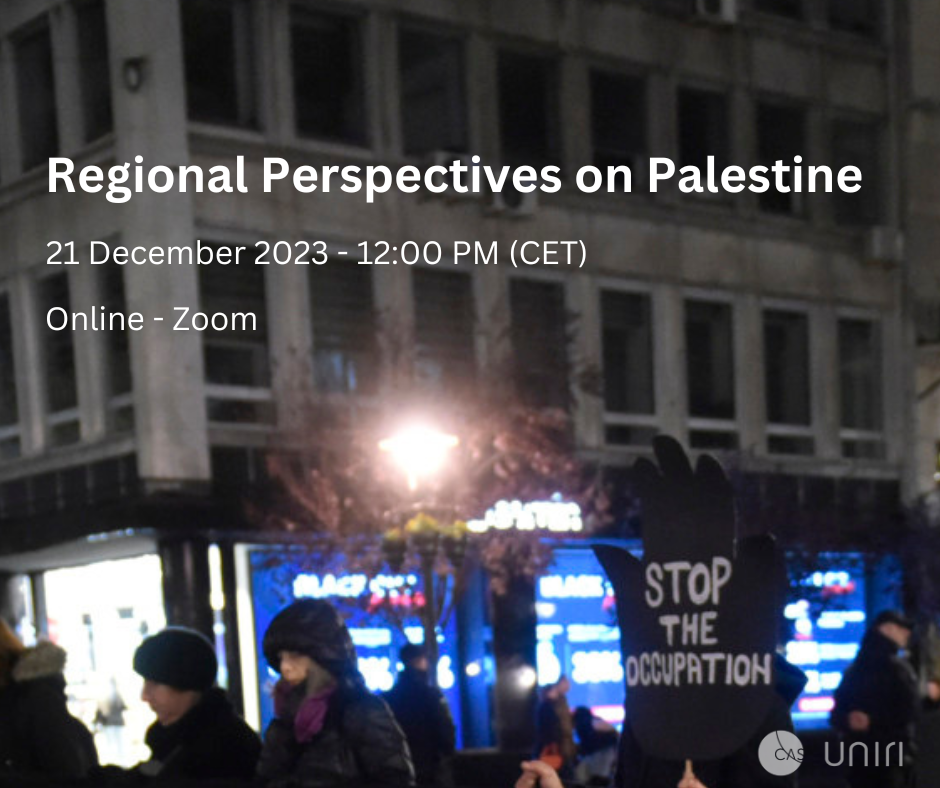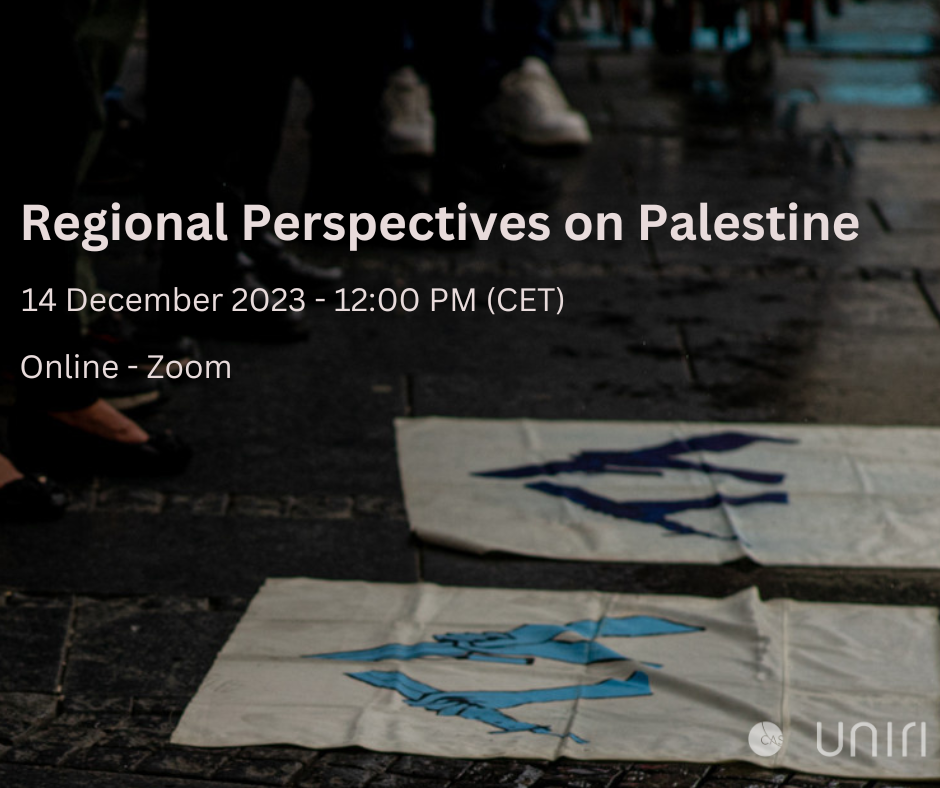READ, THINK, FEEL, ACT: Can reading literature be a path to becoming empathic and critical individuals, ready for social change?
“Fiction enhances our vocabulary and imagination, gives us tools to describe and understand our lives, to make sense of the world. Reading fiction also offers readers a way to identify with the characters and imagine different worlds, experience new challenges, to put oneself in the shoes of the other and maybe even feel empathy with him, her or it.
In the light of rising xenophobia all over the world, and keeping in mind Adorno’s claim that the inability to identify with others led to Auschwitz, it is important to question whether identification with literary characters can be a fertile ground to identification with people in real life, those leading different lives. Can fiction, and especially fiction that disturbs us, offer readers a way to broaden their horizons, to stop seeing the “limited knowledge as truth” (Horkheimer & Adorno) and become empathic subjects ready to embrace societal changes? Or is this notion just wishful thinking?”
Marija Ott Franolić is an independent researcher and currently a fellow at CAS SEE in Rijeka. She completed her PhD studies at the Faculty of Humanities and Social Sciences, University of Zagreb, with the thesis dedicated to exploring women’s everyday lives, based on their diaries and autobiographies. She is actively involved in the projects of the NGO Blaberon, aimed at encouraging reading and critical thinking. Her interests include the development of reading habits in younger children, the connection between reading and critical thinking, the influence of reading on our personality, feminism, women’s history, cultural studies, and women’s literature. She is the author of several scientific and popular articles, and has published the book Dnevnik ustremljen nedostižnom (A Diary of the Unattainable) about women’s everyday lives and their autobiographical texts.




